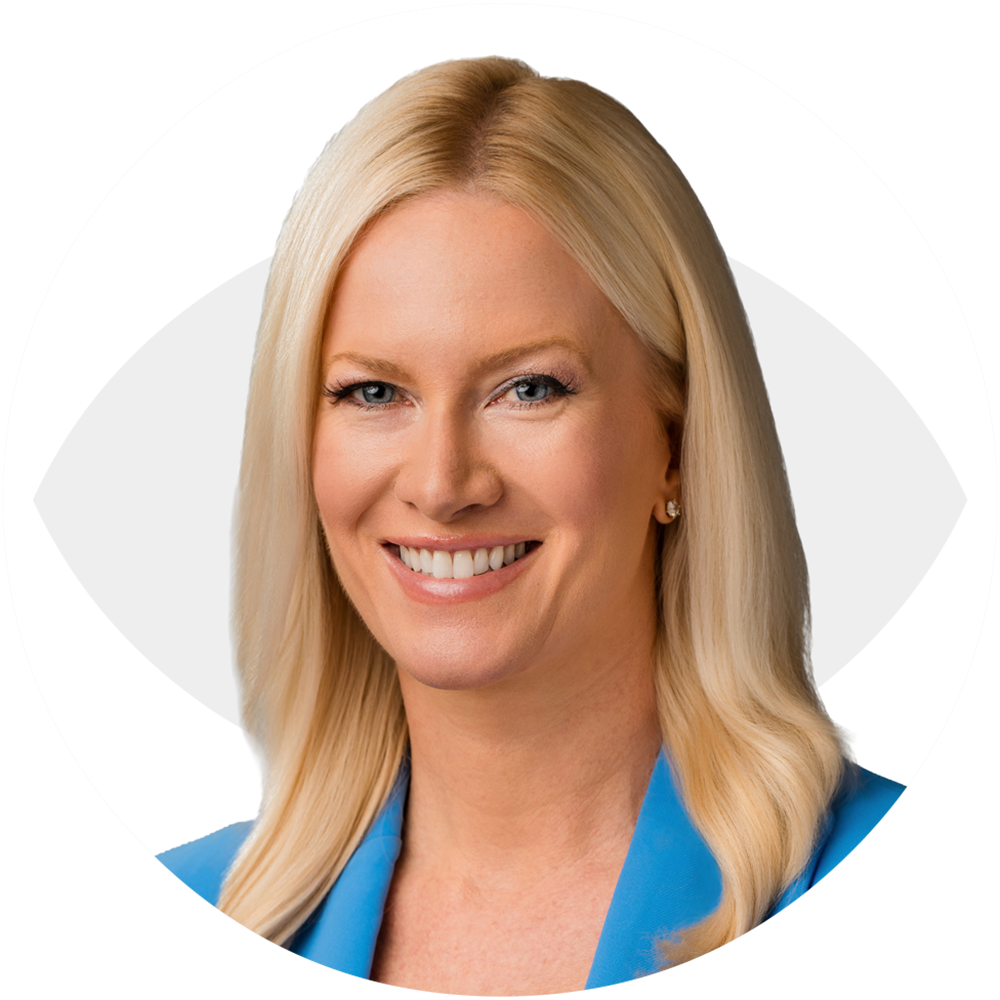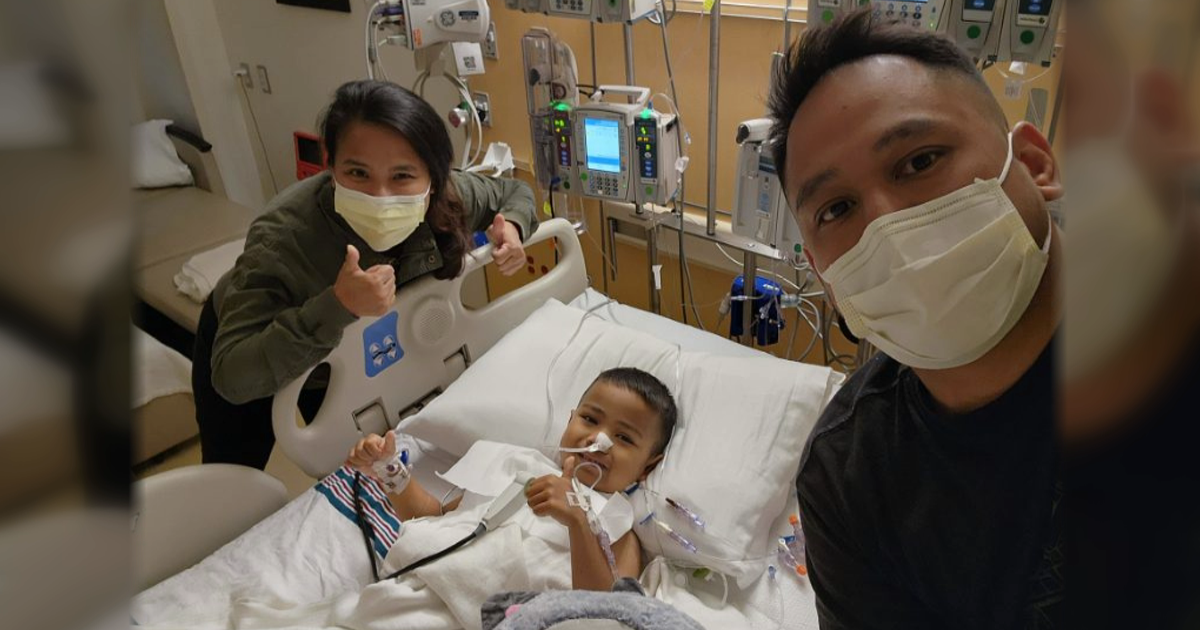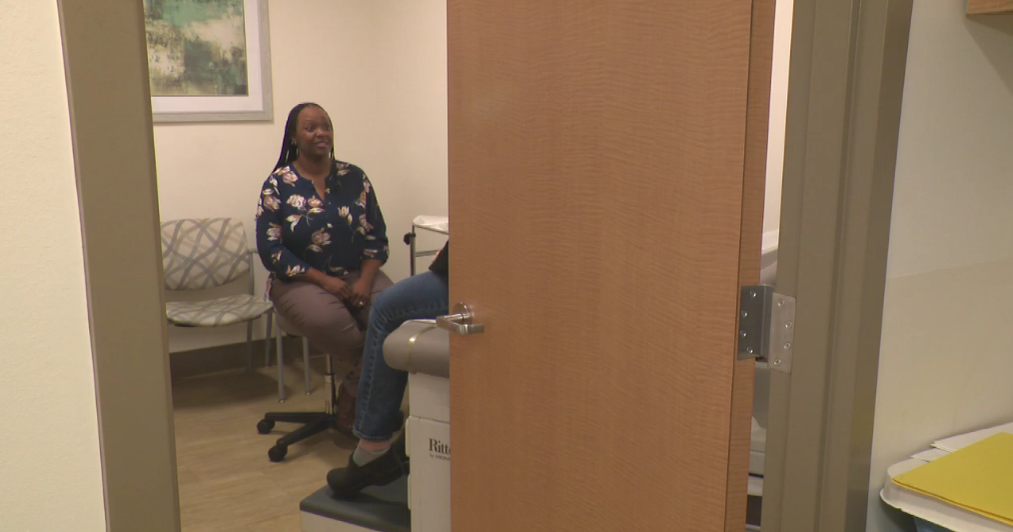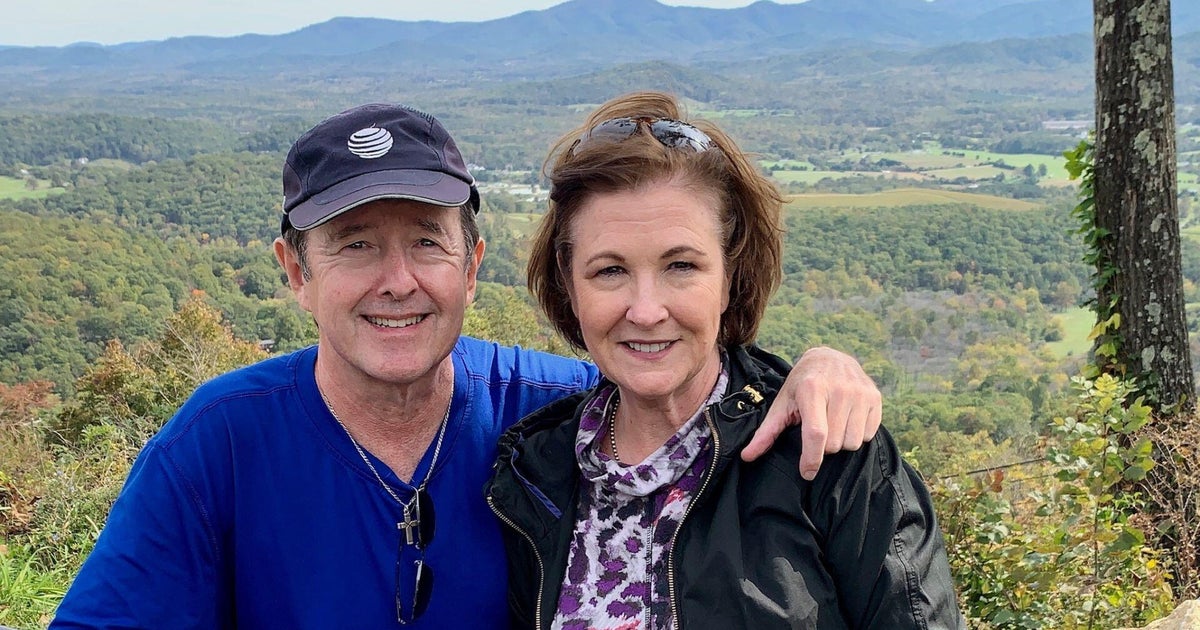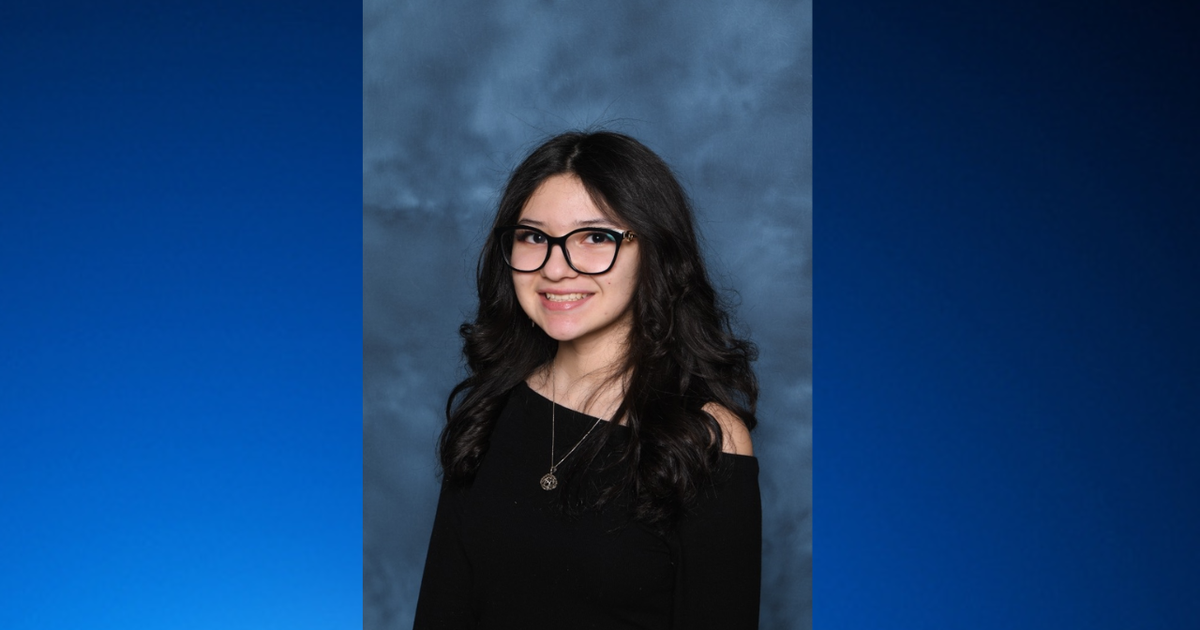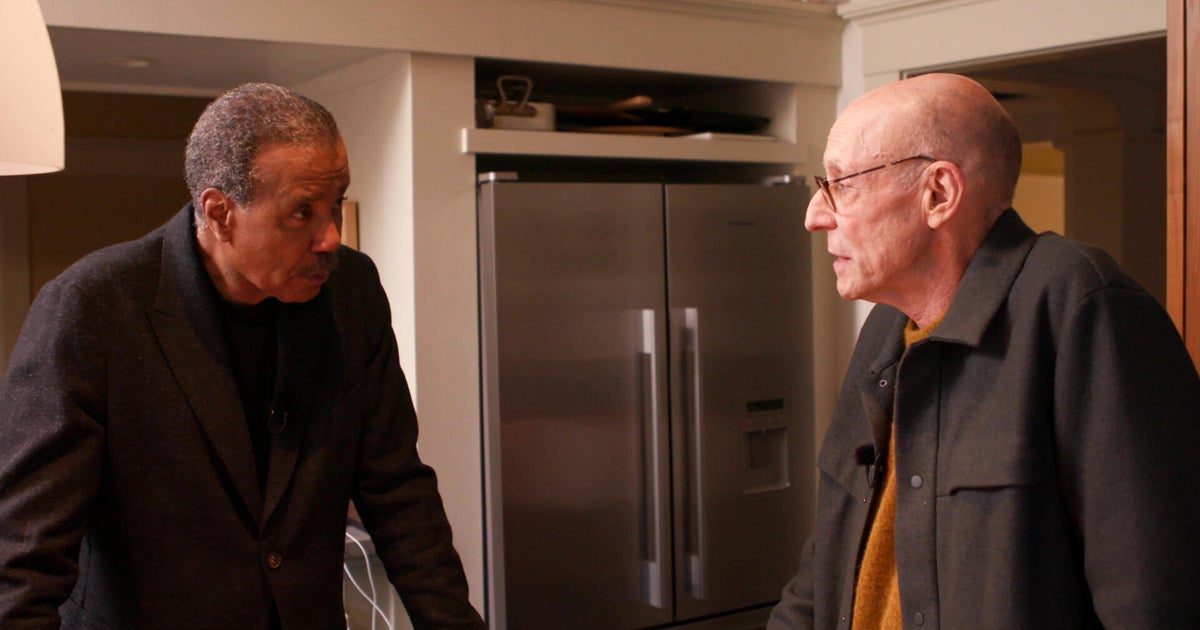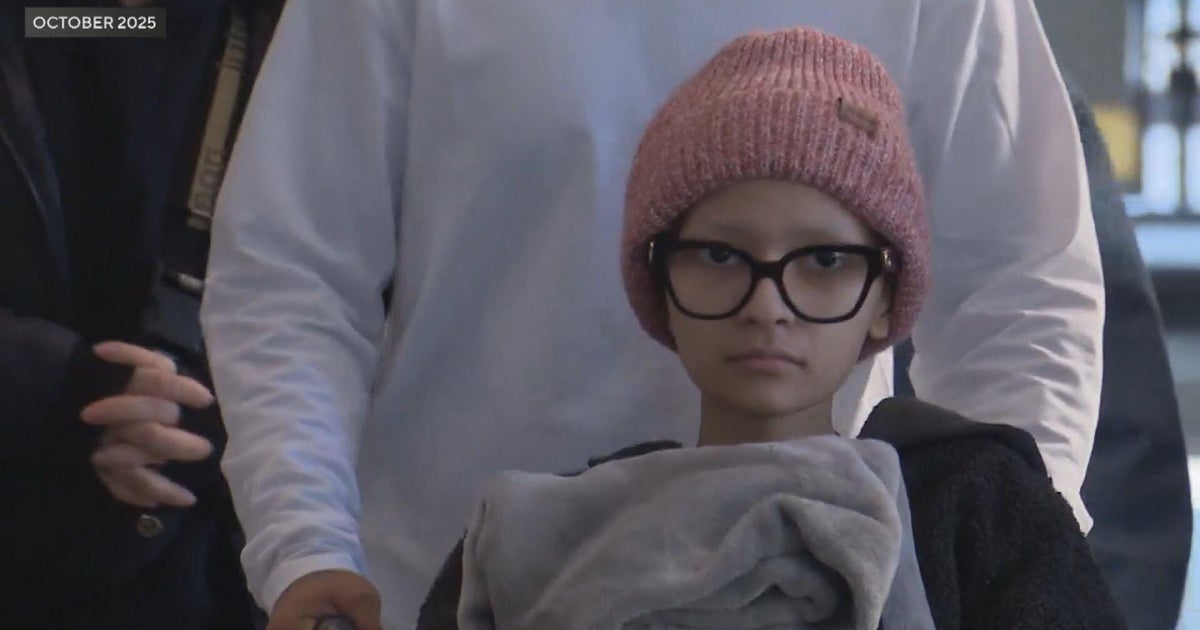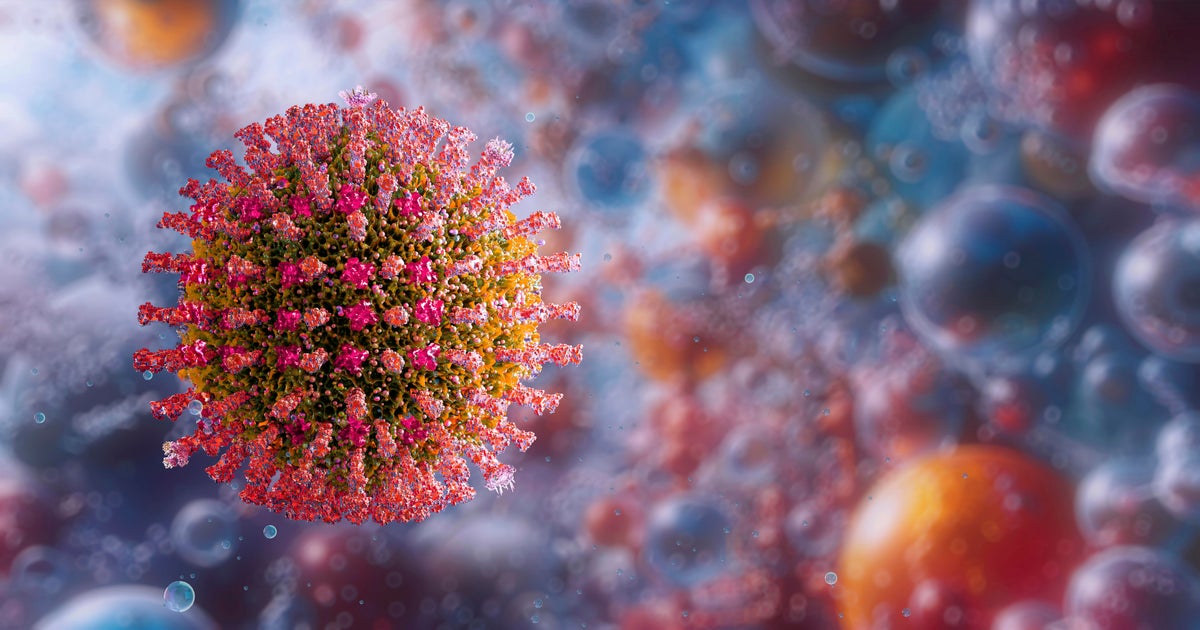"If something is wrong with your body, say something": New Yorker diagnosed with breast cancer hoping to raise awareness among men
NEW YORK -- October is Breast Cancer Awareness Month, and this week in particular is aimed at spreading awareness of the disease in men.
CBS2's Alice Gainer sat down with a New Yorker who was diagnosed thanks to finding his own lump and advocating for himself.
Andre Martins, 52, prioritizes his health.
"I love working out," he said. "I take my vitamins ... I make my own food. I rarely eat out."
But last November, after lifting weights, he says, "You know the soreness that you feel after you working out ... Something was different on my left side. Something I had not experienced before."
A cardiologist cleared him. A full physical from his primary care doctor yielded nothing unusual. But he knew something wasn't right.
"One night, started poking pretty deep around my chest area, and I kind of cut myself, bruised myself a little bit, but I found something there that was strange, so I marked it with a pen," Martins said.
The next day, he went to NYU's Perlmutter Cancer Center and got an ultrasound and mammogram.
"Don't ask me how they did a mammogram on me, which was an interesting experience," Martins said with a laugh.
A biopsy followed and then the news -- breast cancer.
"I cannot tell people I have breast cancer .... This is embarrassing. I'm a man," he said.
He particularly struggled to tell his husband and three children.
Oncologist Dr. Ruth Oratz treated Martins.
"It's so striking. To have a man with breast cancer, it's quite unusual," Oratz said.
According to the American Cancer Society, the lifetime risk for men getting breast cancer is about 1 in 833, whereas for women there is a one in eight chance. This year, it's estimated that 530 men will die from the disease and more than 43,000 women will die.
"If you feel discomfort, if you notice a lump in the breast or a lump under the arm or a change in the skin on the chest, itchiness of the nipple, bring that to the doctor's attention and don't just let them brush it off," Oratz said.
Martins had a pea-sized lump -- Stage 1 but aggressive. He had surgery, chemo, radiation and is now on hormone therapy.
He quickly shifted his mentality from embarrassed to creating awareness.
"I started telling everyone, so I wrote a big essay and I posted it to my social media," Martins said. "If something is wrong with your body, say something, do something about it. I did something about it and I'm probably alive today because of that."
He's hoping to spread the word to help save others. He's received a lot of messages from men who had no idea this could pose a risk to them.
He has no family history of breast cancer.
Right now, Martins says he's feeling good.
